Interchange Round Tables
CHARTER 2/3
Running in three, 75-minute sessions across day 2 (28 February) of Interchange, roundtables created in depth conversations and brought together diverse groupings of industry experts.
Wednesday 28 February 2024
Round Tables
THEATRE SPONSOR
The following organisations hosted round table events: Ancoris, Arcadis, Arup, BT Active Intelligence, Burges Salmon, char.gy and Vauxhall, CIHT, Colas, Costain, CTA, GBRTT, Kier, DfT, Mott MacDonald, OS, PA Consulting, RIA, Stantec, Tarmac, Thales, Tech UK, Tony Gee, TfGM, WSP.
Click here for write ups of the round table sessions
Session 1: (10.15-11.30)
Table 1 – Transport investment: catalysing a regional skills renaissance (Mott MacDonald)
Table 2 – How does a subnational transport strategy integrate with local place-based delivery and national infrastructure investment? (Arup)
Table 3 – Designers driving decarbonisation through PAS2080 (Tony Gee & Partners)
Table 4 – The role of rail in an integrated and decarbonised transport system (Railway Industries Association)
Table 5 – Putting the customer first, tackling accessibility challenges through lived experience and hard evidence (WSP)
Table 6 – EVs - How to strengthen the collaboration between the transport and energy sector and work together to identify future opportunities and delivering change? (Burges Salmon)
Table 7 – Can train take the strain? Reflecting on the realities of a modal shift. (Thales)
Table 8 – Unlocking the power of community: How could enhanced integration and understanding of community-led transport within public transport planning achieve sustainable and inclusive transport for all? (Community Transport Association)
Table 9 – The reality of Net Zero construction seems to sit firmly in the realms of pilot, trial or demonstration. Solutions that are already possible are seldom part of the programme. How can we drive and accelerate change? (Tarmac)
Table 10 – What are the challenges of connected location intelligence that need to be unlocked to improve operational efficiencies and data insights within the transport ecosystem? (OS)
Session 2: (12.00-13.15)
Table 1 – Mobility as a Service: as an enabler for transport behaviour change – lessons learned from the UK and Europe (Arcadis)
Table 2 – A new way to lead – different outcomes require different types of leadership (PA Consulting)
Table 3 – Investing in sustainable transport – how do we incentivise investment in sustainable transport projects? (Burges Salmon)
Table 4 – Can we really have it all? Implementing flexible working in a traditionally inflexible sector (Kier)
Table 5 – What does the aviation industry bring to a sustainable integrated transport network? (BAG)
Table 6 – EV charging infrastructure: successfully contracting for a partnership by focusing on outcomes over inputs (char.gy and Vauxhall)
Table 7 – Rail’s integration with other modes: How can the wider transport sector best work together to meet multi-modal expectations and reduce end-to-end journey times? (GBRTT)
Table 8 – How can we drive a policy shift that bridges the gap to transport decarbonisation? (Stantec)
Session 3: (14.30-15.45)
Table 1 – Is the digital sector doing enough to support people, communities and infrastructure across the Greater Manchester region? Delivered in partnership with Greater Manchester Combined Authority (techUK)
Table 2 – Opportunities for Transport and Public Sector to tangibly implement Generative AI and Geolocation data to automate, optimise, and innovate (Ancoris)
Table 3 – Making a compelling case for modal shift: creating a blueprint for integrated, affordable and safe public transport systems (Costain)
Table 4 – What skills does the sector need for decarbonisation and how do we get more entry level workers to combat the ageing workforce? (CIHT)
Table 5 – How open data can enable sustainable choices for passengers - understanding the challenge of sourcing and standardising incomplete, unofficial data (DfT)
Table 6 – Streets for All Design Guide (TfGM)
Table 7 – The role of data to unlock smart cities in the UK – how do we use it as the foundation for intelligent infrastructure, seamless mobility, and connected services that improve urban living and sustainability. (BT Active Intelligence)

